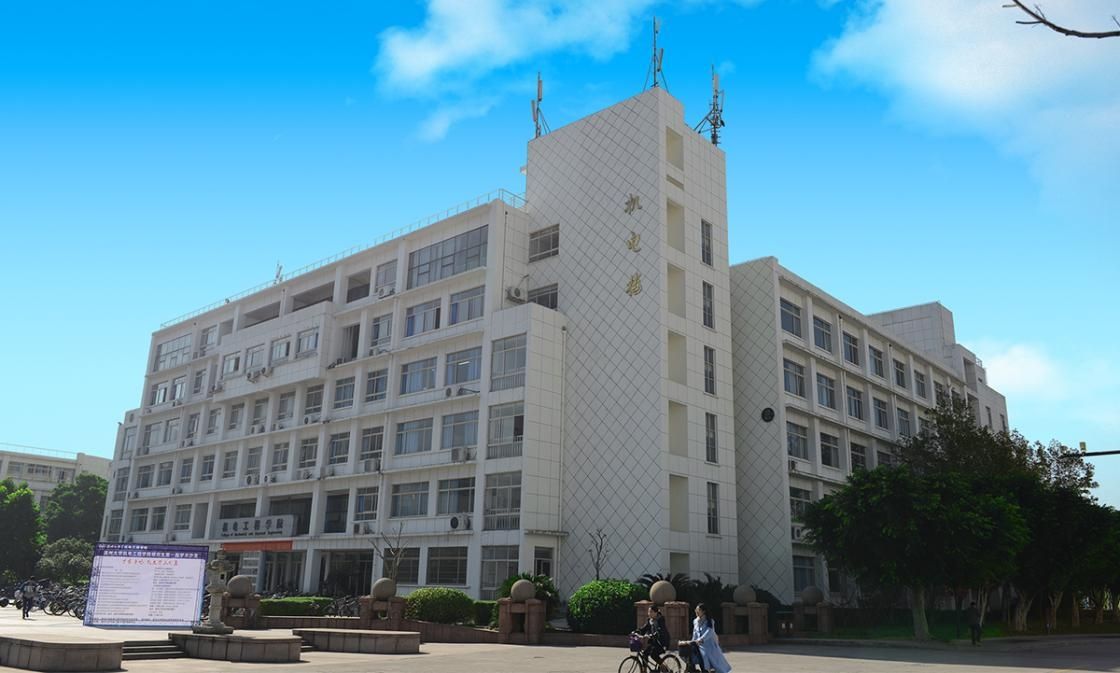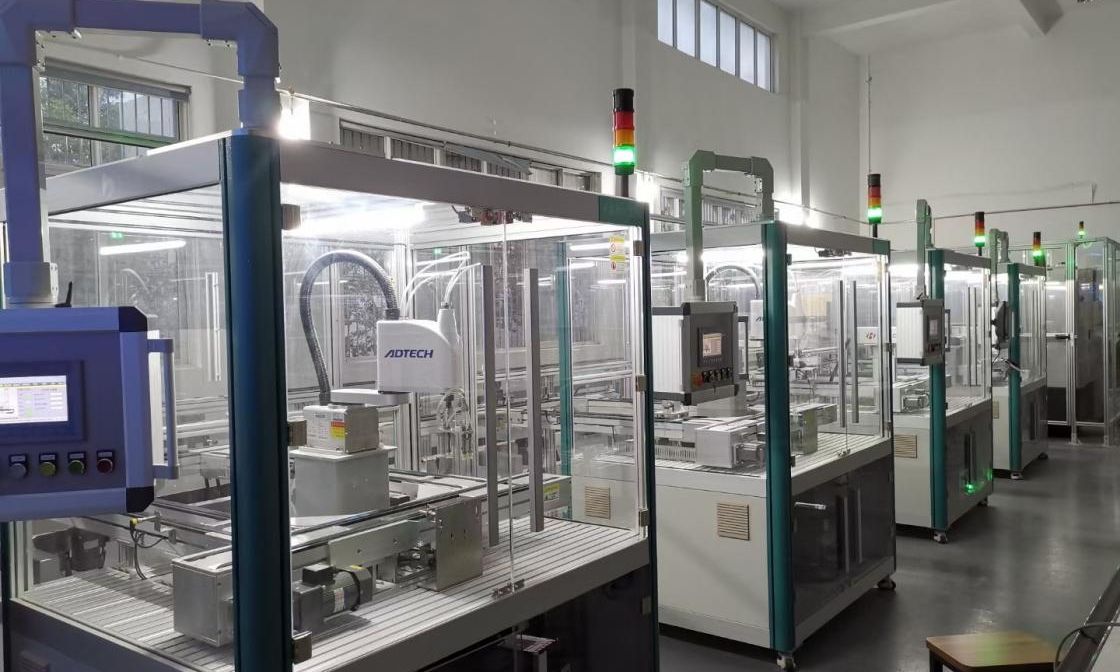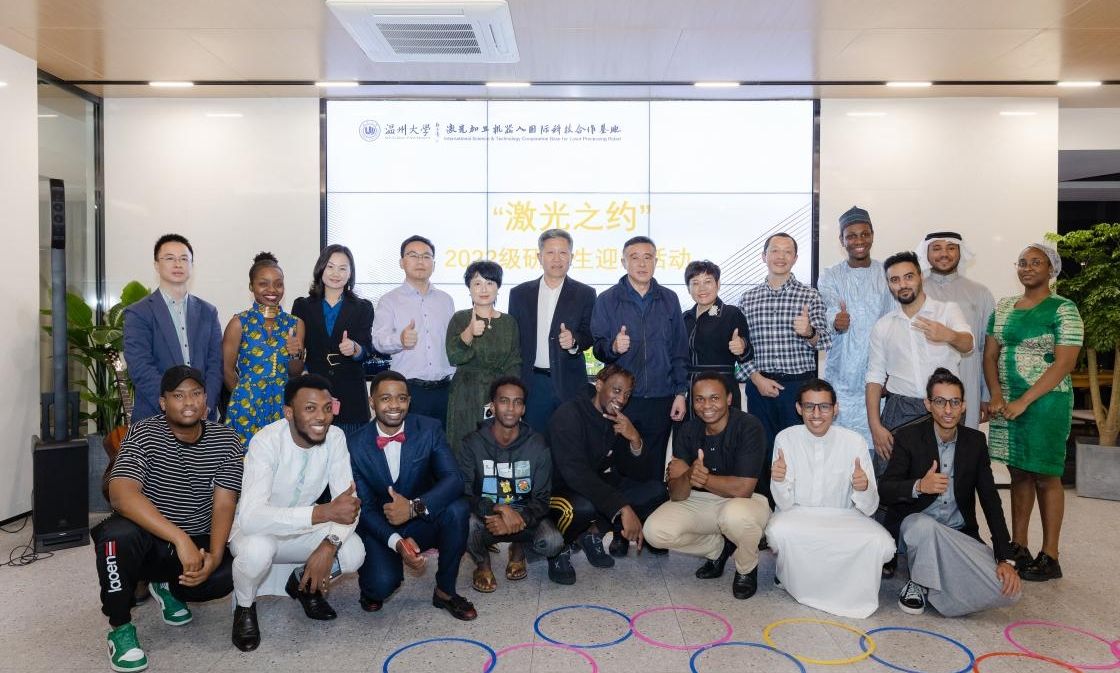HOME / SPECIALIZED PROGRAMS / Master / 正文
Mar 24, 2025
Profile
The College of Mechanical and Electrical Engineering at Wenzhou University originated from the Mechanical Teaching and Research Department established in 1985. It evolved into College of Mechanical Engineering in 2000 and was renamed as College of Mechanical and Electrical Engineering in 2006. This college is a key engineering faculty that the university is significantly developing. It offers a master's degree in mechanical engineering and a professional master's degree in mechanics. In 2016, it was designated as a Class B first-class discipline in Zhejiang Province's 13th Five-Year Plan and again in 2023 under the 14th Five-Year Plan. In 2022, it received a B+ rating from the Times Higher Education Subject Ranking, and its engineering discipline entered the top 1% globally in the ESI ranking, marking it as one of the university's key disciplines.
Teaching Language:Chinese
Research Fields:
(1) Mechanical Manufacturing and Automation (080201)
(2) Mechatronic Engineering (080202)
(3) Mechanical Design and Theory (080203)
(4) Vehicle Engineering (080204)
(5) Industrial Engineering (080205)
(6) Laser Processing Technology (080206)
It collaborates extensively with renowned universities and research institutions in the USA, Russia, South Korea, Singapore, and other countries, especially in fields related to Wenzhou’s National Independent Innovation Demonstration Zone and the China (Wenzhou) Laser and Photoelectric Industry Cluster. The college boasts national and provincial-level scientific research platforms, including a national-level international science and technology cooperation base, and several Wenzhou city research platforms. It has key technological innovation teams in Wenzhou, focusing on manufacturing systems and automation engineering, and laser processing and optoelectronic devices.
The college has 140 faculty members, including 99 full-time teachers. Among these, 16 hold senior professional titles, and 35 are associate seniors, with senior title holders accounting for 51.5% of the full-time faculty. 91.9% of full-time teachers have doctoral degrees, and 41.4% have overseas study or work experience. The college has overseen 60 national-level scientific research projects, including 4 key projects (such as the National Natural Science Foundation of China Joint Fund Key Project, the Intergovernmental International Science and Technology Cooperation Key Special Project and the National 863 High-Tech Development Program). It has received more than 10 provincial and ministerial scientific and technological awards(ranked 1st), including a China Patent Gold Award and 3 first-class provincial awards.
Relying on the national international science and technology cooperation base, the college is committed to cultivating high-level mechanical engineering professionals with moral integrity, intellectual ability, physical fitness, aesthetic sense, and labor skills. These professionals are expected to have an international perspective and innovative spirit, serving the equipment manufacturing industry in South Zhejiang, North Fujian, East Jiangxi, the Yangtze River Delta Economic Belt, and the West Coast Economic Zone of the Strait.
Upon graduation, you will:
1) Master advanced techniques and modern machine tools in mechanical engineering field.
2) Analyze, interpret, and apply the information obtained by experiment, computation, or analysis, or available in the literature.
3) Translate practical mechanical engineering problems into an analytical or numerical solution, or to experimental investigation.
4) Apply knowledge, facts, and theories immediately in your work outside the classroom.
Job Prospect
This Master Degree program is designed principally for students who wish to enter industry as practicing professionals. It acquaints students with a basic and multidisciplinary education in laser material processing, industrial robots, optoelectronic devices, digital factory and manufacturing, automatic intelligent manufacturing system. Our students are anticipated to be competent in tackling engineering problems in reality and undertaking mechanical engineering and management jobs, capable of technology innovation, managing or starting enterprises to serve economic and social development.
Core Courses
Course Name:Theory of Method of Mechanical System Modeling
Course Description:
System modeling is a major course of manufacturing informatization technology. It mainly help student's to master the basic methods of using computer to simulate mechanical system strength and motion feature. Therefore, students can apply simulation technology skillfully. It builds foundation for working on analysis, design and optimization of mechanical system in the future. The course mainly explains finite difference method and finite element method, and requires students to master the basic theories, basic knowledge of numerical calculation, and the application of associated software as well as obtain the basic ability of system modeling and analyzing.
Course Name:Light-Matter Interaction
Course Description:
This course is delivered by theory teaching and accompanied by complemented experiment demonstration. Through this course, students are supposed to understand the physical characteristic of laser, basic knowledge of interaction of laser and materials, and modern laser manufacturing methods. Moreover, students learn the history, researches, prospect and development of the use of laser in modern material manufacturing.
Course Name:Modern Control Theory
Course Description:
This is a basic course in automation major. This course and another course named "Automatic control principle" form the core theoretical basis of automation major. Moreover, modern control theory is the required knowledge for people who work on automation. This course helps students to understand and strengthen the concept of state space in linear system. Besides, students will understand the system stability, which is the key concept for this subject. Also, students will be able to master the key methods such as controllability and observability, status feedback and state estimation and so on.


